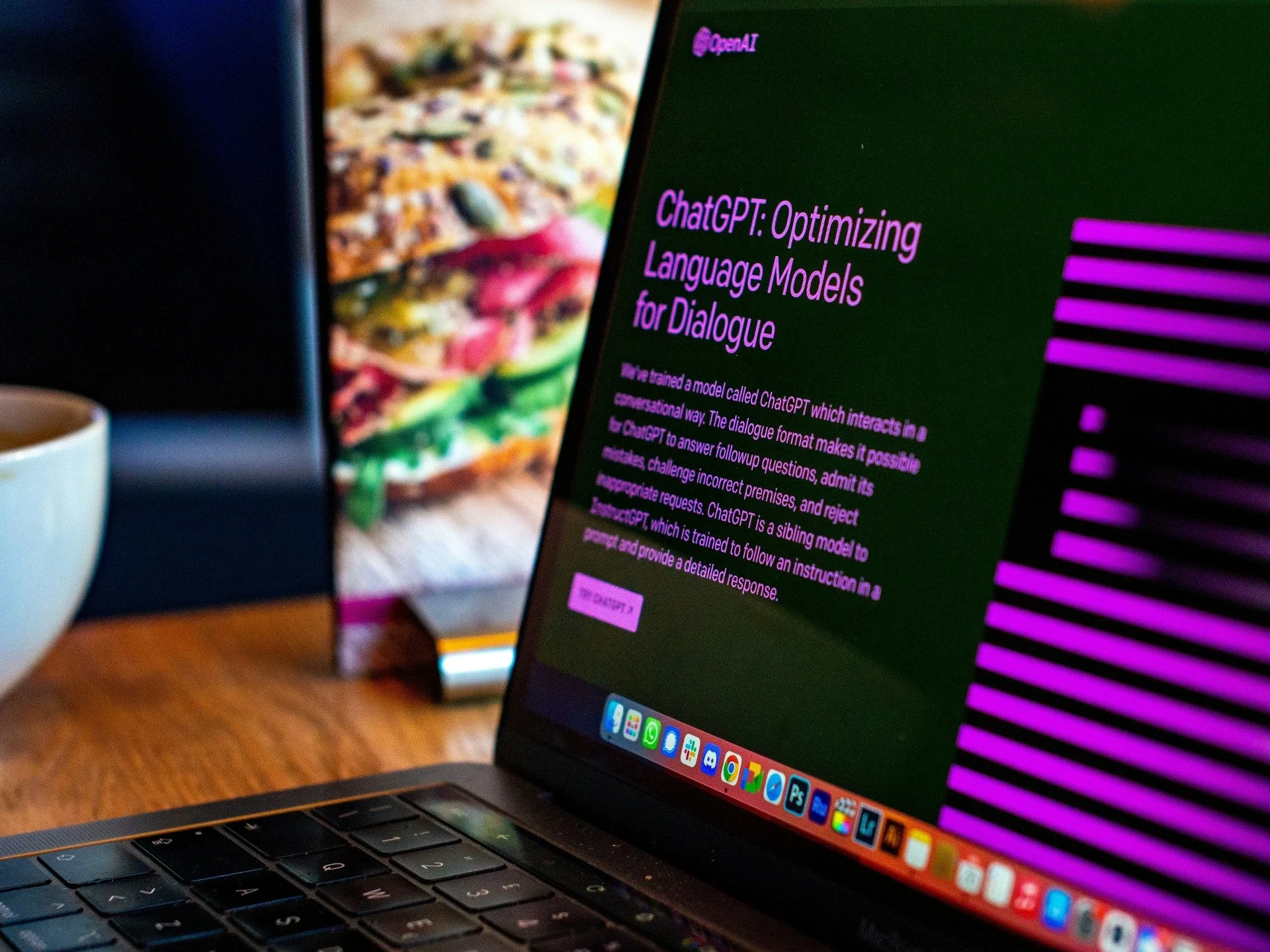The Impact of AI on Customer Personalization Strategies
Table of Contents
Introduction to AI and Personalization
The Role of AI in Modern Marketing
How AI Enhances Personalization Strategies
Key AI-Driven Tools for Customer Insights
AI Applications in Real-Time Personalization
Benefits of AI in Personalized Marketing
Challenges of AI-Powered Personalization
Ethical Considerations in AI-Driven Strategies
Measuring the Effectiveness of AI Personalization
Future Trends in AI and Personalization
Conclusion
1. Introduction to AI and Personalization
Artificial intelligence (AI) is transforming how businesses connect with their customers. Personalization, once limited to basic segmentation, has evolved into a sophisticated science powered by AI. Brands can now deliver hyper-targeted, relevant experiences that resonate deeply with individual consumers.
In a world where customers expect seamless and personalized experiences, AI-driven tools are becoming essential. From predictive analytics to real-time personalization, AI allows marketers to engage with their audiences in innovative ways.
Want to explore more about innovative marketing strategies? Check out our blog on effective marketing tactics.
2. The Role of AI in Modern Marketing
AI plays a pivotal role in modern marketing by processing massive amounts of data and generating actionable insights. Key applications include:
Predictive Analytics: Understanding customer behavior to anticipate their needs.
Dynamic Content: Automatically customizing website or email content based on user data.
Chatbots: Offering personalized customer support in real time.
For example, AI enables brands like Amazon and Netflix to recommend products or shows tailored specifically to each user, boosting engagement and loyalty.
Discover how AI enhances digital marketing in our services section.
3. How AI Enhances Personalization Strategies
AI-driven personalization is a game-changer for marketing campaigns. Here’s how it works:
Behavioral Tracking: AI analyzes user behavior across websites, apps, and social media to understand preferences.
Hyper-Targeted Campaigns: AI segments audiences into highly specific groups, enabling customized marketing.
Dynamic Product Recommendations: AI suggests products based on past purchases, boosting upselling and cross-selling.
Example: Retailers use AI to send personalized discounts to customers who abandoned their shopping carts, increasing conversion rates.
4. Key AI-Driven Tools for Customer Insights
AI-powered tools are central to effective personalization. Some popular options include:
Google Analytics 4: Offers AI-driven insights for website traffic and user behavior.
HubSpot: Automates email personalization and lead scoring.
Salesforce Einstein: Uses machine learning to recommend actions and predict outcomes.
These tools not only streamline marketing efforts but also enable brands to create meaningful connections with their audience.
Learn more about tools for smarter marketing.
5. AI Applications in Real-Time Personalization
Real-time personalization uses AI to adapt content or offers instantaneously based on customer interactions. Applications include:
Dynamic Website Content: Changing banners or recommendations as users navigate your site.
Chatbot Assistance: AI-powered chatbots provide personalized answers to customer queries.
Email Personalization: Sending triggered emails based on user activity, like browsing specific products.
Case Study: Sephora uses AI to provide personalized product recommendations in real time, creating a seamless shopping experience.

6. Benefits of AI in Personalized Marketing
AI-driven personalization offers several advantages:
Improved Customer Engagement: Personalized experiences make customers feel valued, increasing their loyalty.
Higher Conversion Rates: Relevant offers and recommendations lead to more purchases.
Efficiency: AI automates complex processes, saving time and resources.
Scalability: AI enables personalization at scale, accommodating large customer bases.
Learn how we help businesses achieve these benefits with our campaign management services.
7. Challenges of AI-Powered Personalization
While AI offers significant advantages, implementing it is not without challenges:
Data Privacy Concerns: Customers are increasingly wary of how their data is used.
Integration Issues: Incorporating AI tools into existing systems can be complex.
Cost: Advanced AI solutions may be expensive for small businesses.
Marketers must address these challenges to fully leverage AI’s potential.
8. Ethical Considerations in AI-Driven Strategies
Using AI for personalization raises important ethical questions:
Transparency: Customers should know how their data is being used.
Bias in AI Algorithms: Marketers must ensure AI tools are free from biases that could alienate certain groups.
Consent: Always obtain clear consent before collecting user data.
By prioritizing ethics, brands can build trust and credibility with their audience.
9. Measuring the Effectiveness of AI Personalization
To evaluate AI’s impact on personalization strategies, track the following metrics:
Engagement Rates: Analyze how personalized content performs compared to generic campaigns.
Conversion Rates: Measure the increase in purchases or sign-ups resulting from AI-driven efforts.
Customer Feedback: Solicit opinions on the relevance and quality of personalized experiences.
For insights into measuring success, visit our blog on data-driven marketing strategies.
10. Future Trends in AI and Personalization
AI-driven personalization is evolving rapidly. Future trends include:
AI-Powered Voice Search: Optimizing for voice assistants like Alexa and Google Assistant.
Predictive Content Creation: AI generating personalized content automatically.
Augmented Reality (AR): Enhancing personalization with immersive experiences.
Emotion AI: Detecting customer emotions to tailor responses.
Brands that embrace these trends will stay ahead in the competitive marketing landscape.
11. Conclusion
AI is revolutionizing customer personalization, enabling brands to connect with their audiences on a deeper level. By leveraging AI tools and strategies, businesses can enhance engagement, boost loyalty, and drive growth. However, it’s crucial to address challenges and prioritize ethics in AI applications.
Ready to integrate AI into your personalization strategies? Explore our digital advertising services or contact us today.
